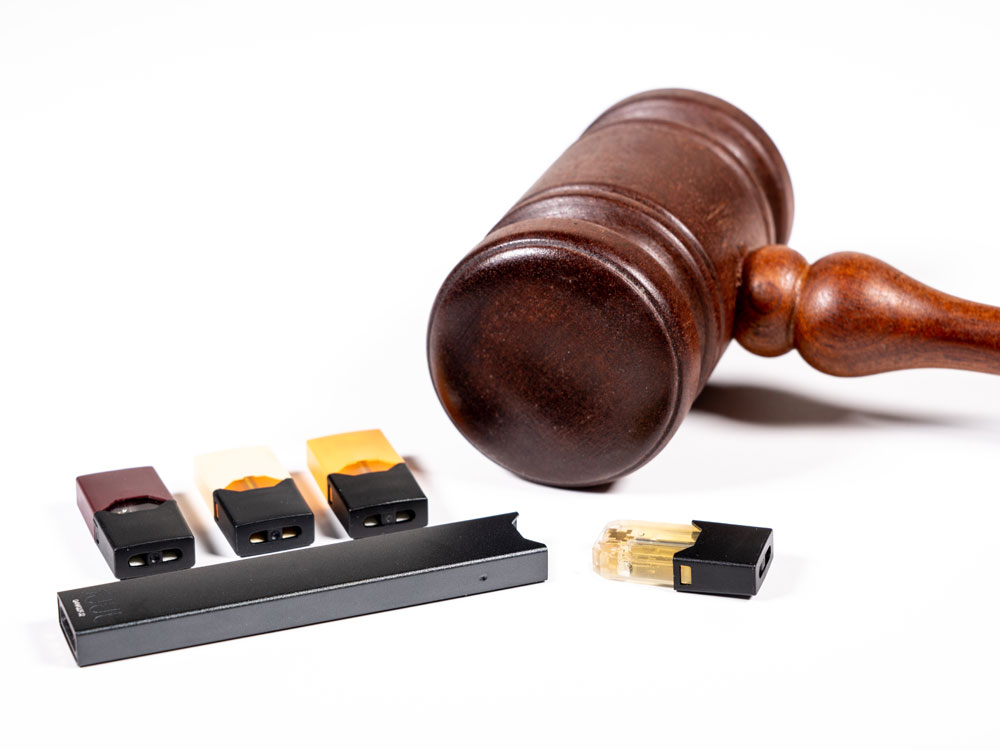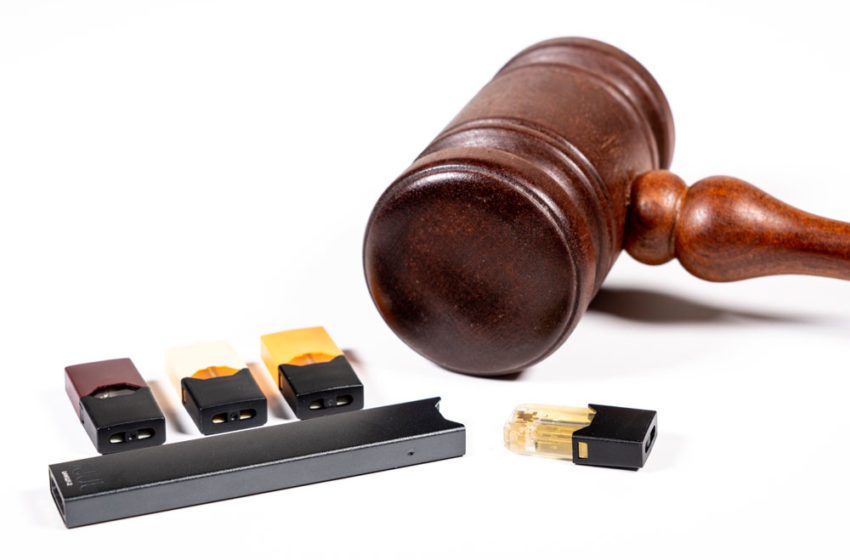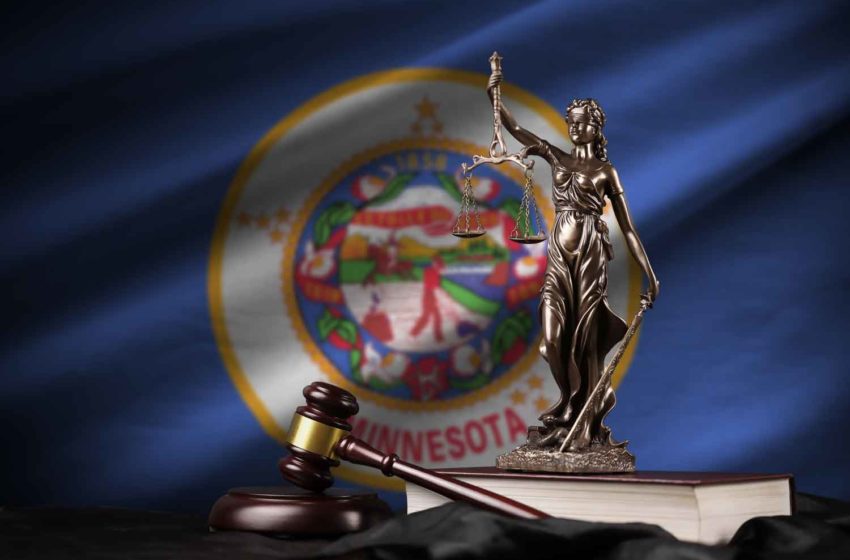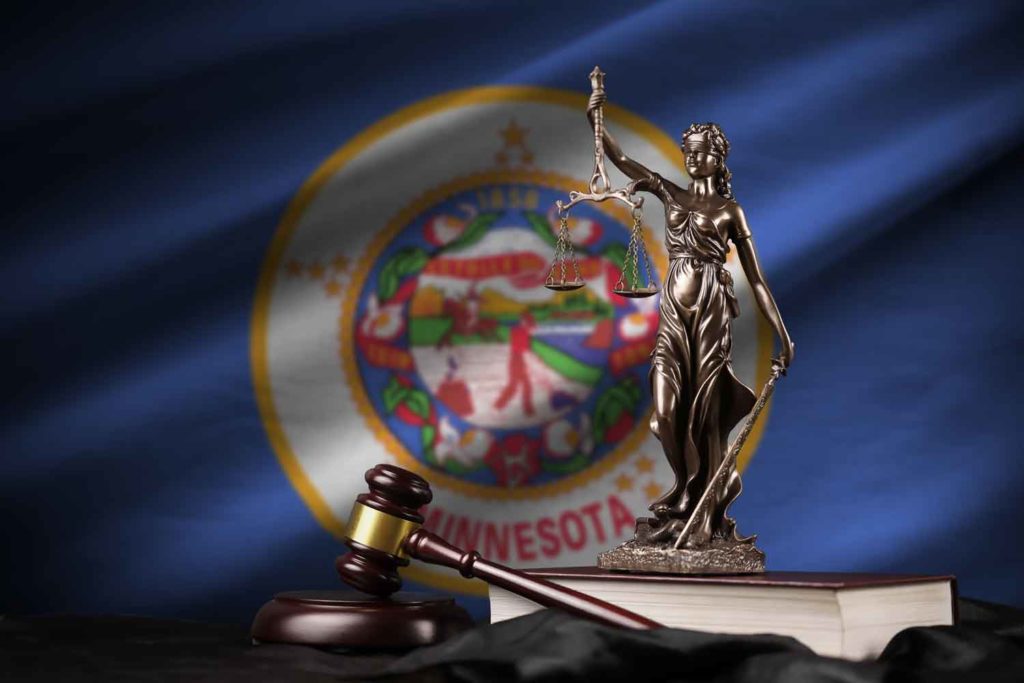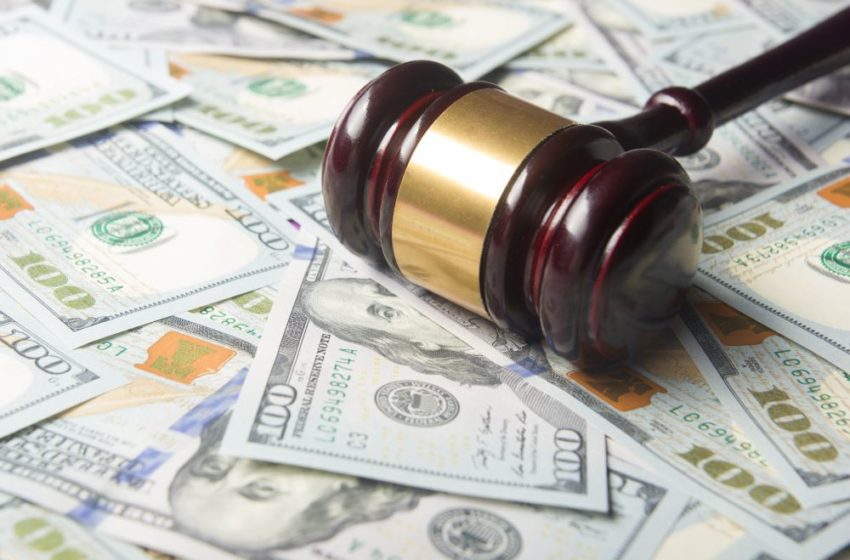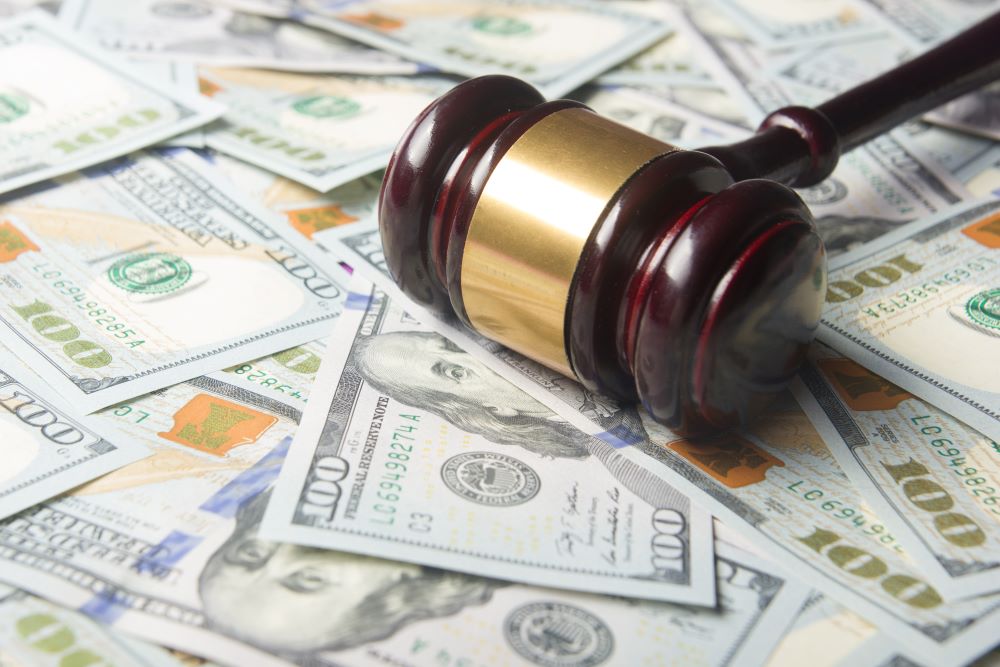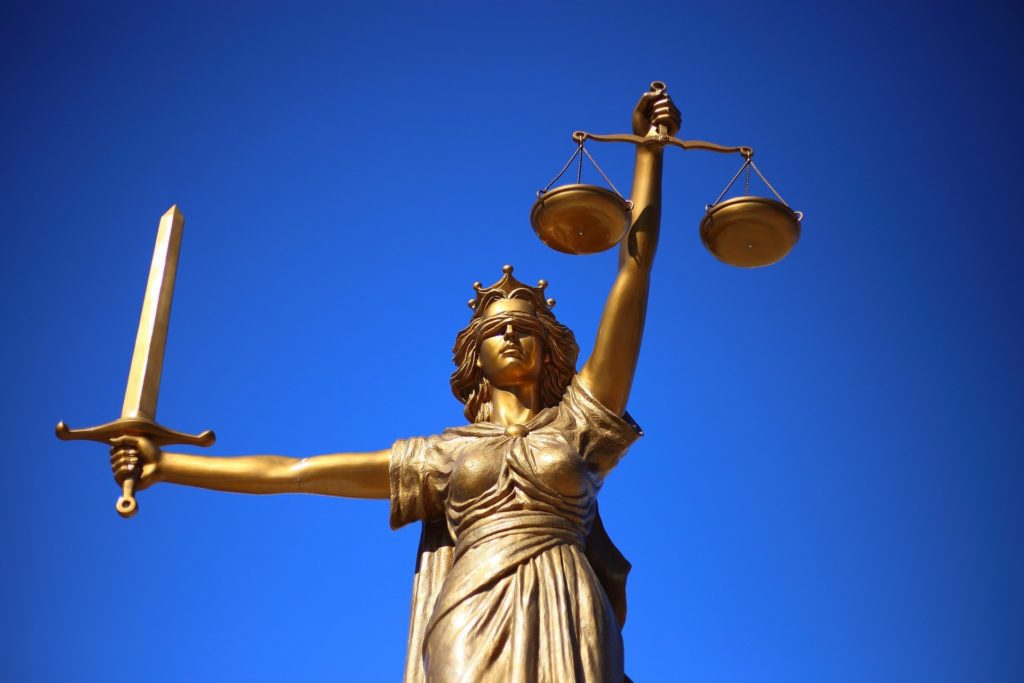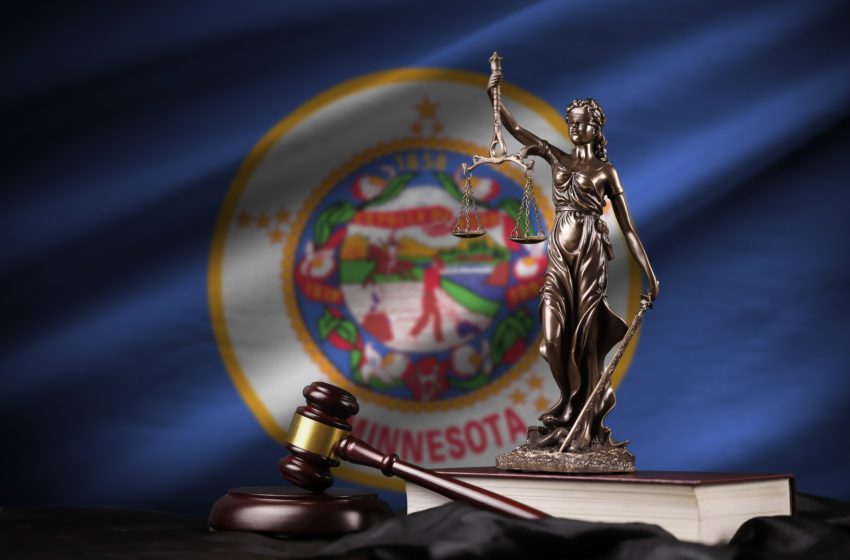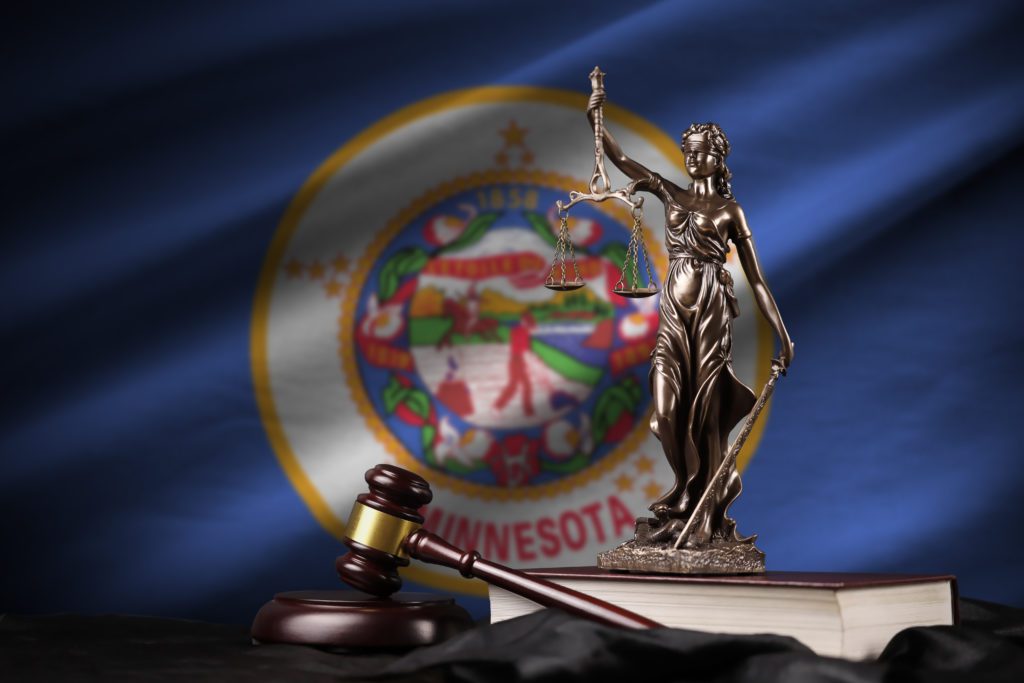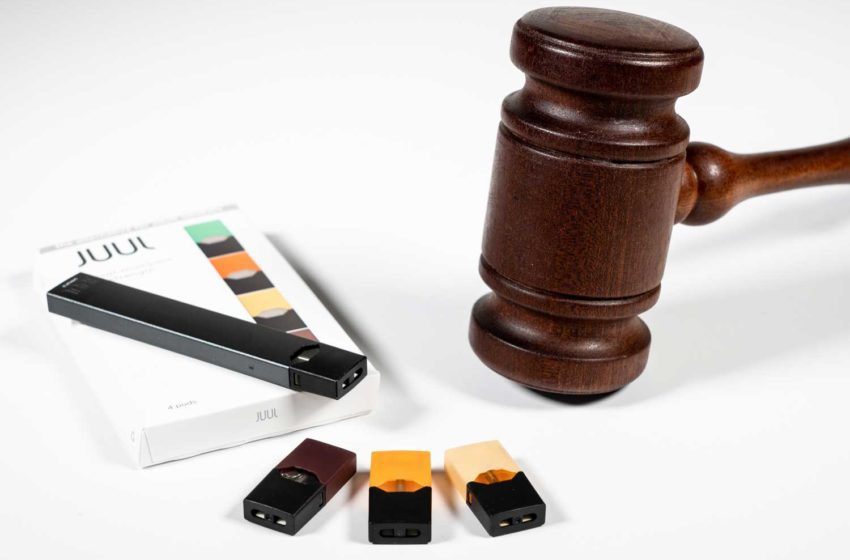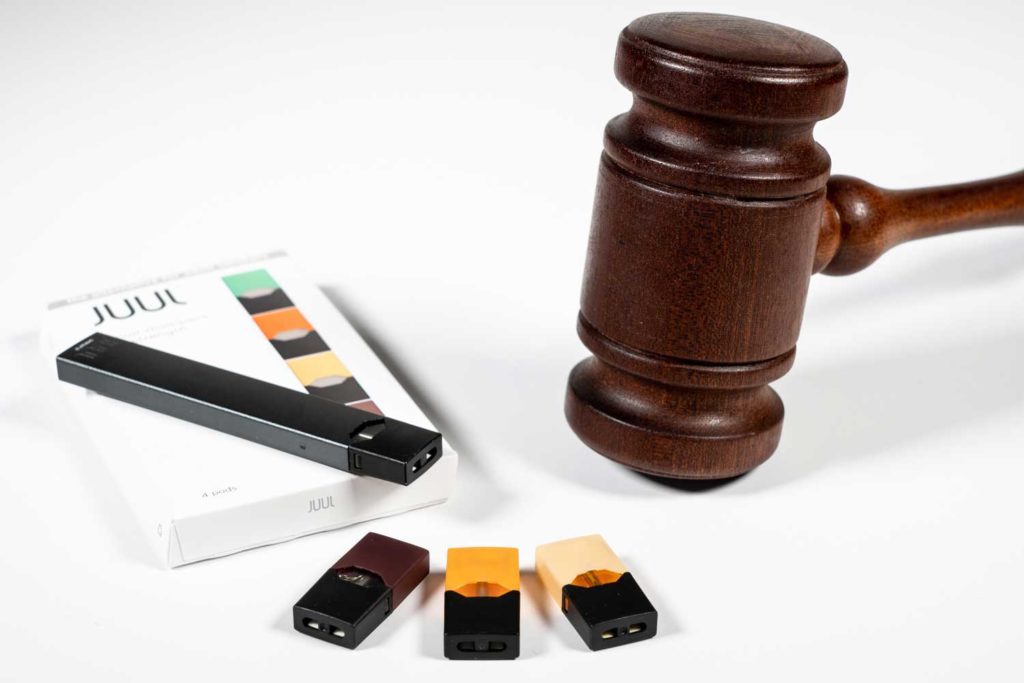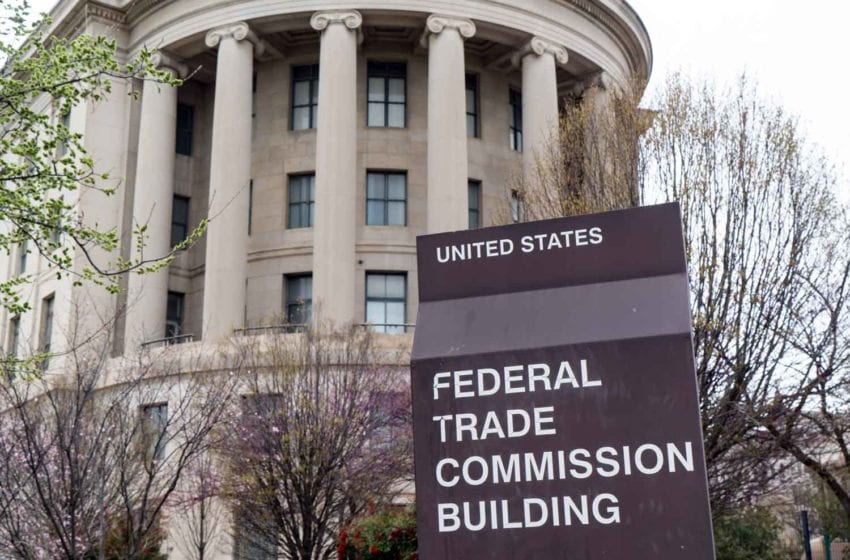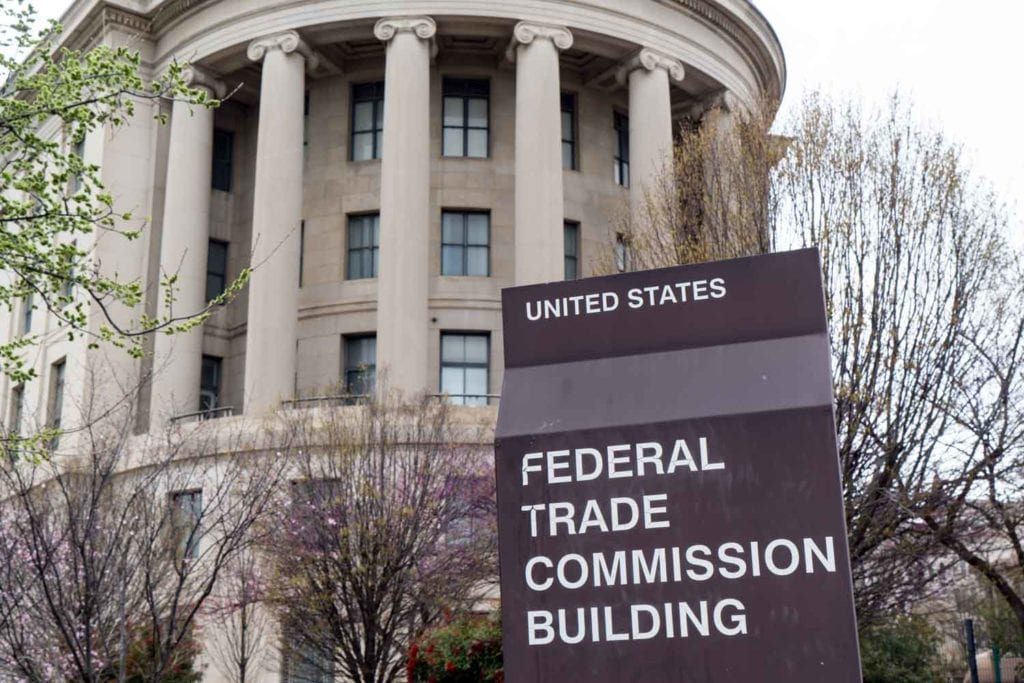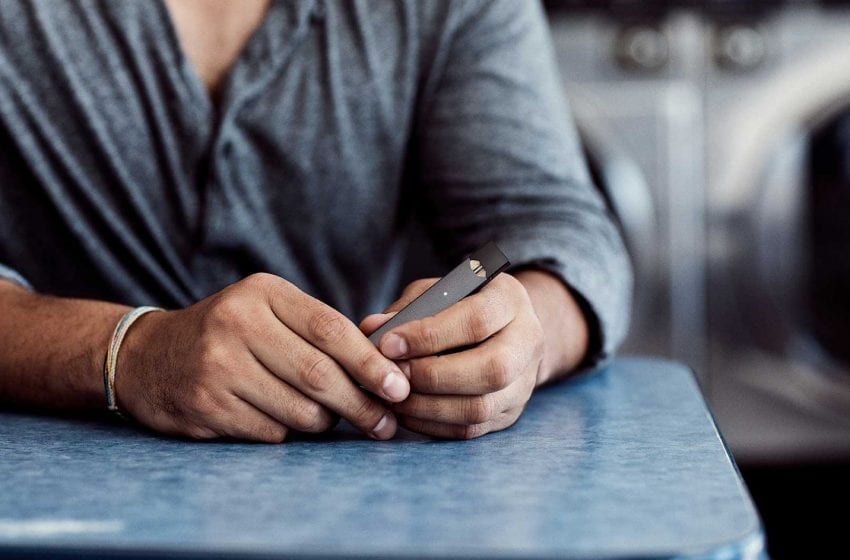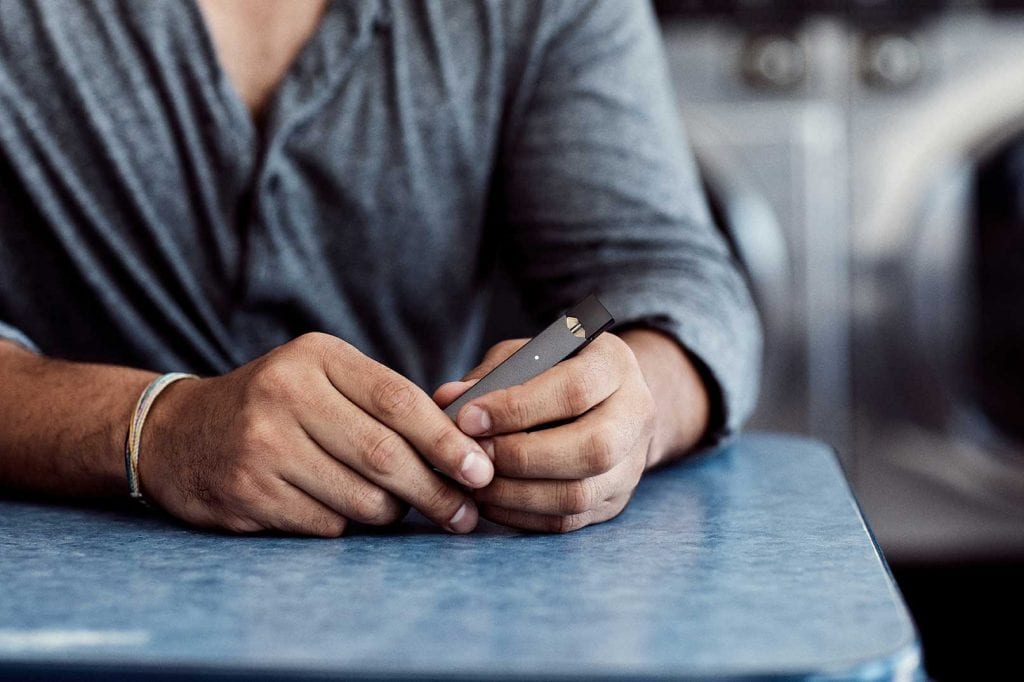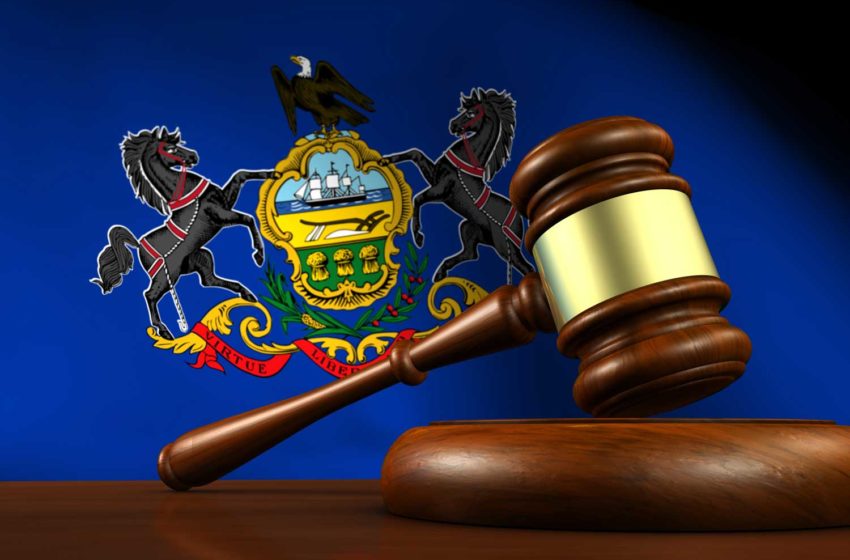Altria Group has exchanged its entire investment in Juul Labs for a non-exclusive, irrevocable global license to certain of Juul’s heated tobacco intellectual property.
“We believe exchanging our Juul ownership for intellectual property rights is the appropriate path forward for our business,” said Altria CEO Billy Gifford in a statement. “Juul faces significant regulatory and legal challenges and uncertainties, many of which could exist for many years. We are continuing to explore all options for how we can best compete in the e-vapor category.”
As of Dec. 31, 2022, the carrying value and estimated fair value of Altria’s Juul investment was $250 million. Altria will record the financial impact of the agreement in the first quarter of 2023 and intends to treat any such amounts as a special item and exclude it from its adjusted diluted earnings per share.
“The return of Altria’s equity stake and termination of underlying agreements affords us full strategic freedom—we are no longer limited by the terms of those agreements to pursue other strategic opportunities and partnerships,” wrote Juul in a statement. “We are free to take advantage of a range of options to maximize the value of our company while we continue to advance our leading product technology and innovation pipeline.”
In late 2018, Altria paid nearly $13 billion for a 35 percent stake in Juul. “We have long said that providing adult smokers with superior, satisfying products with the potential to reduce harm is the best way to achieve tobacco harm reduction,” said Altria’s then-CEO Howard Willard at the time. “Through Juul, we are making the biggest investment in our history toward that goal. We strongly believe that working with Juul to accelerate its mission will have long-term benefits for adult smokers and our shareholders.”
Over the years that followed, however, regulatory scrutiny and litigation relating to Juul’s marketing practices severely eroded Juul’s valuation. On June 23, 2022, the U.S. Food and Drug Administration ordered Juul Labs to pull its e-cigarettes from U.S. store shelves, saying the e-cigarette manufacturer had submitted insufficient evidence that they were “appropriate for the protection of the public health.” After Juul challenged the marketing denial order (MDO), the FDA agreed to take another look at the company’s pre-market tobacco product application.
The agency said it had determined that there are scientific issues unique to the Juul application that warrant additional review.
In early September, Juul Labs agreed to pay nearly $440 million to settle a two-year investigation by 33 U.S. states into the marketing of its vaping products, which critics have blamed for sparking a surge in underage vaping.
On Sept. 30, Altria announced it was ending its noncompete agreement with Juul. The tobacco giant is reportedly in talks to buy Njoy Holdings for at least $2.75 billion. Njoy has a roughly 2 percent of the U.S. vape market by volume, according to Jefferies. Juul, by contrast, accounts for around a quarter of American vapor product sales. Unlike Juul, however, Njoy has FDA permission to sell its products in the U.S.
“While our appeal of FDA’s now-stayed MDO remains pending, we remain as confident in our science and evidence to support the continued marketing of Juul products,” Juul wrote after Altria announced the exchange of its investment for a license. “We also continue to pursue future applications for new products to accelerate our mission and progress for the adult smoker, public health, and an end to combustible cigarettes.”
